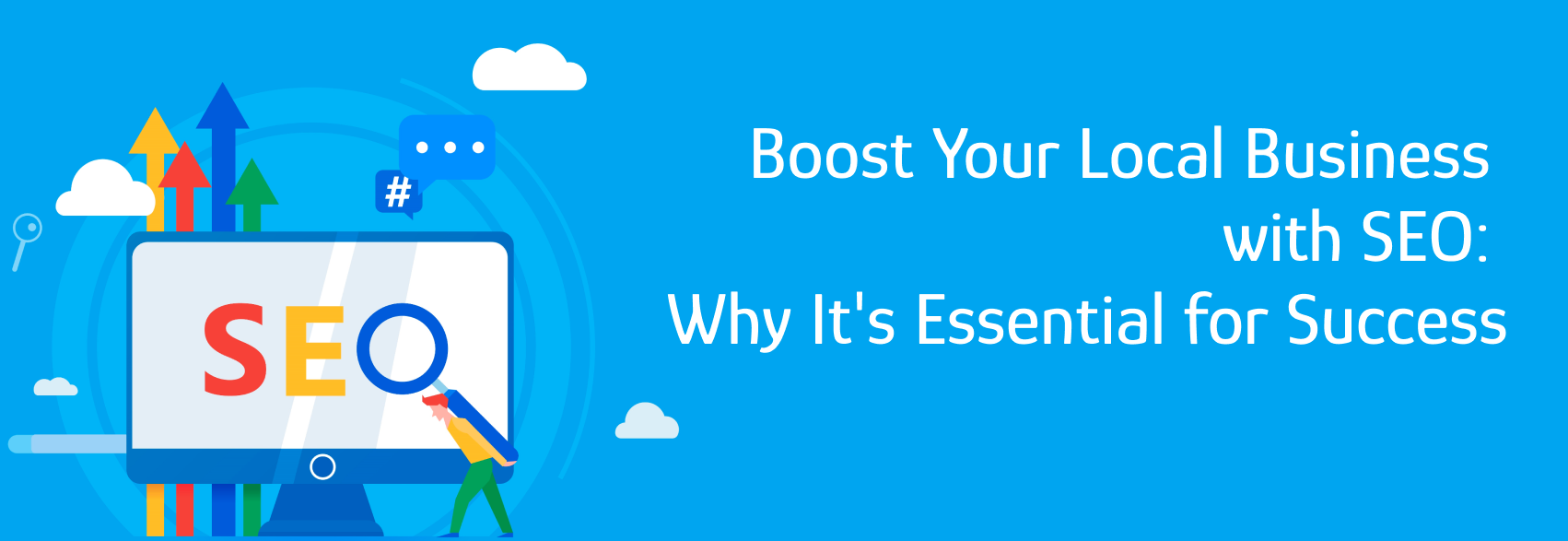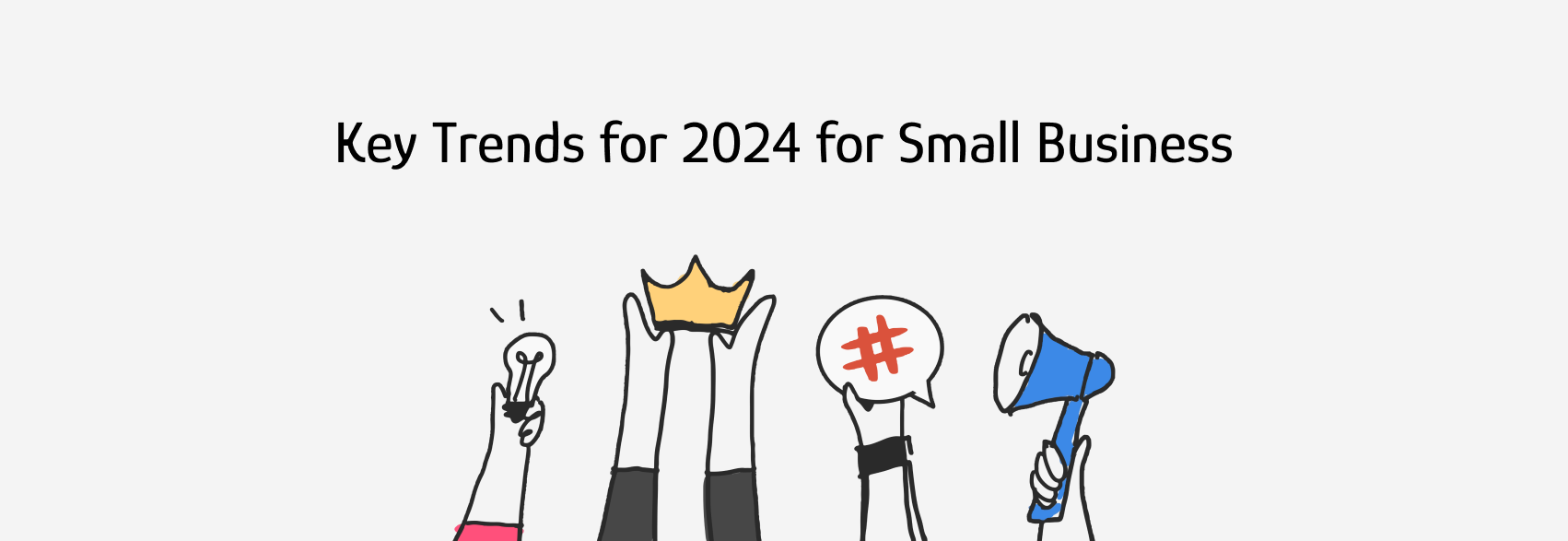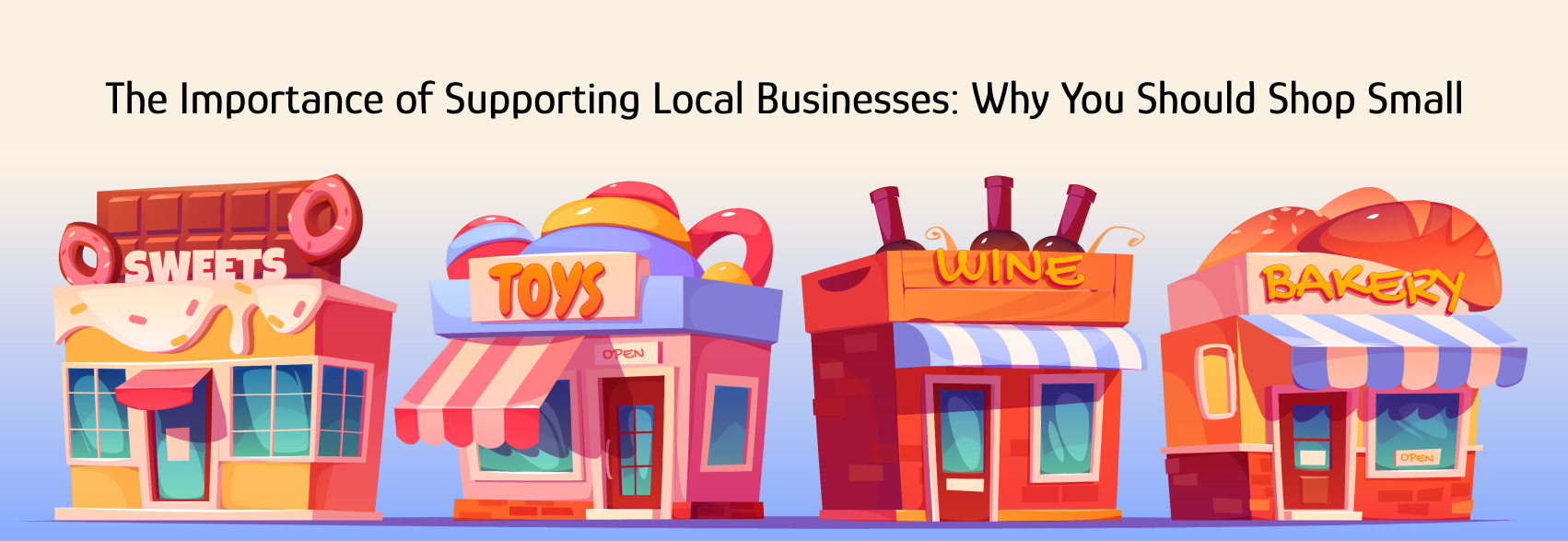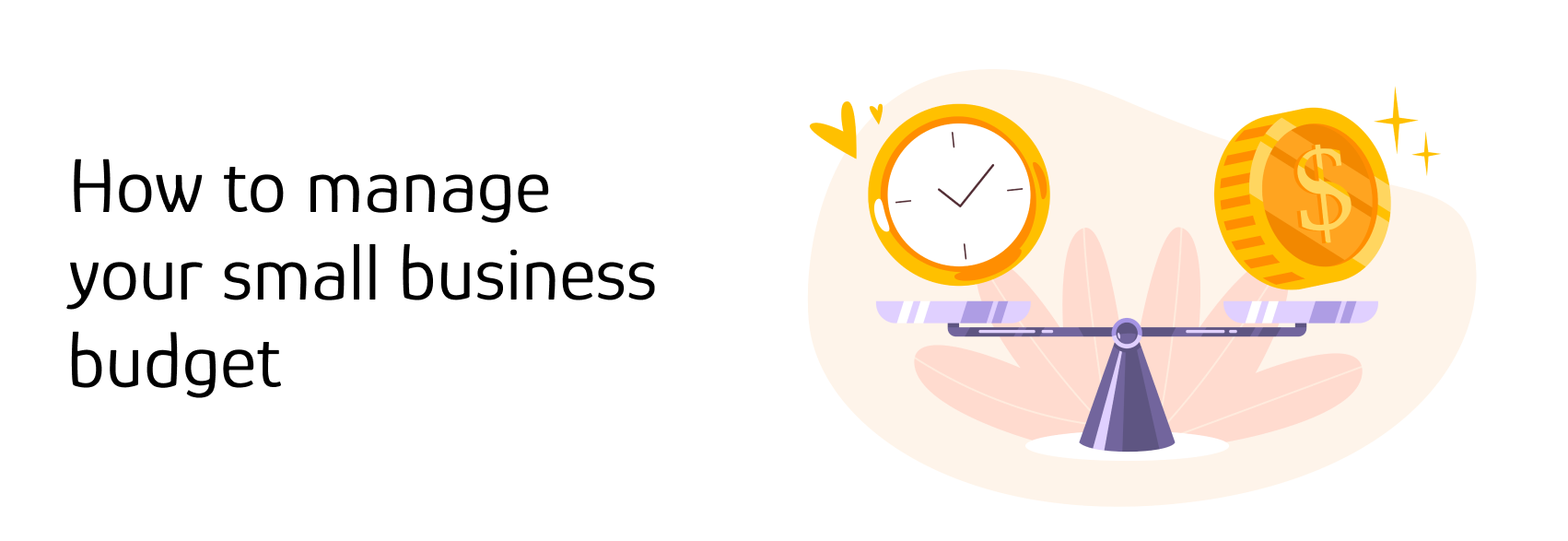
If you're in business, you probably know that Google is the most important search engine. But did you also know that it's not just about having a great website? Your local business can benefit from SEO too—and it won't take long to see results. In this article, I'll explain how SEO works and why it's essential for success in any industry.
The first thing you need to do is get the right keywords.
You’re going to need to create a compelling advert. This means that it should be easy for the reader to understand and do what you want them to do, so make sure that your ad has a clear call-to-action (CTA).
You could use an image in your CTA, or use text instead. You can also include links at the end of your copy so people can click through and learn more about what it is you offer.
One of the most important things you can do to boost your local business with SEO is optimize your website for search engines. This means using keywords in the text of your content and meta tags, as well as in the title tag, meta description, image alt text and even in the filename of any images on your site.
While these are all very technical concepts that may sound intimidating at first glance (and maybe even a little boring), I promise it'll all make sense once we get started!
Links are the bread and butter of SEO. They're what make your website rank higher in search results, so it's imperative that you build them if you want to succeed online.
For local businesses, links can help boost your reputation and build trust with potential clients by helping them find out more about you or what makes your business special. For online businesses like ecommerce sites, they can help drive traffic back to the site from other websites where someone might have linked-out instead of directly linking back to their own site (or even their own product pages). For any type of business—whether it's an interior designer opening up a new office near yours or an accountant offering tax advice—links will help make sure people know where they can find more information on the subject matter at hand!
You can use business directories and improve your website's search engine ranking. By adding your business information to directories like the Locations Nearby, you can increase your online visibility and make it easier for potential customers to find your business. Additionally, business directories like Location Nearby often have high domain authority, which means that having a backlink from their website can help to boost your website's authority as well. Overall, using business directories like Location Nearby is a valuable tactic for improving your local SEO and driving more traffic to your website.
There are a few tools you should use to help you with SEO.
Monitor your progress
Monitoring your progress is the best way to know if you're on the right track. You can use a website audit tool, a website ranking tool, or even an analytics tool to monitor your site's performance over time.
A website traffic monitoring tool will tell you how many people visited your site in the past month and what they did there. You'll also be able to see how much traffic each page gets (and which pages get more). If you have multiple websites, it's helpful to know how many unique visitors each one receives so that when changes are made at any of them (such as adding new content), those changes will be reflected across all sites as well.
A conversion tracking system allows businesses that sell products online—whether via direct sales or ecommerce platforms—to identify customers who've made purchases through those channels but haven't actually completed their purchase yet by tracking conversions from visitors who come onto their sites looking for information about buying something online (e-)but then leave without making any purchase decisions themselves."
We’re not suggesting that you should be spending all of your time on SEO. After all, it can be a rather demanding job, and we know that a lot of people are just starting out with their business. But if you do want to get more people visiting your site and find new customers, then getting good at SEO is the way forward!
Even more blog post

Understanding the Small Business Landscape of 2024 In 2024, the small business landscape is profound...

Shopping small is one of the best ways to show your support for your local community! Supporting loc...

Introduction A small business owner has to be careful about the money that comes in and goes out, o...

The distribution of hospitals in the USA by location is a critical aspect of the healthcare system....